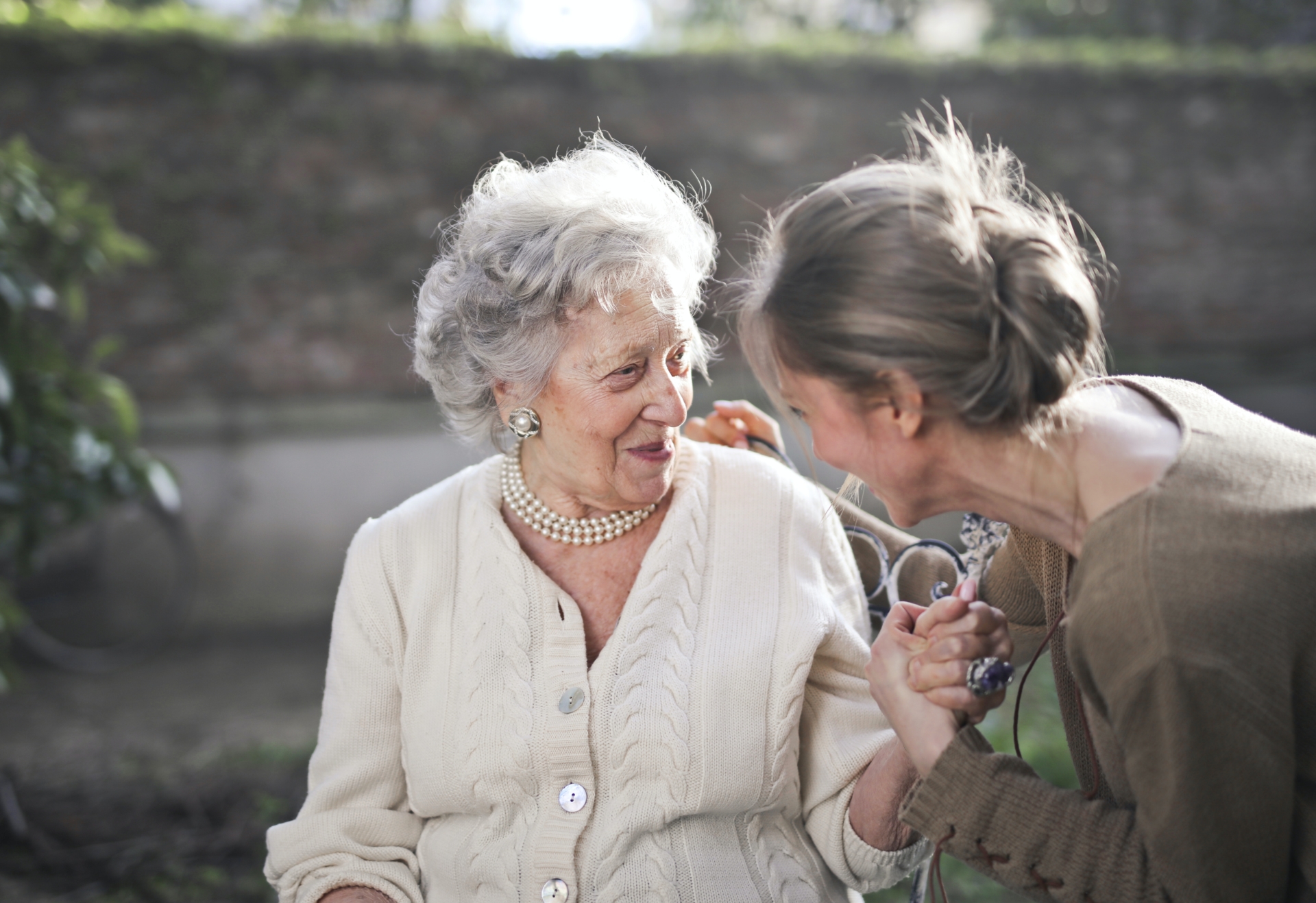People of all ages are being affected by the global health crisis, but it is important to remember that the lives of older adults have been especially disrupted. After all, the opportunities to socialize, take various classes, and enjoy an active lifestyle are among the main reasons that people choose to live in a Life Plan Community like Sagewood.
During this time of social isolation and uncertainty, mental health is an important matter to confront. Fear and anxiety about an illness can be overwhelming and cause strong emotions. Taking special care of yourself can help you cope with the stress and achieve positive levels of well-being, while being surrounded by caring and nurturing staff members in a senior community can have tremendous impact.

When talking about mental health among seniors, three major aspects come into play – social, emotional and intellectual well-being. Each of these are powerful factors that impact mental health and have proven to be especially challenging during a pandemic with physical distancing guidelines.
Achieving positive levels of well-being outside of your normal routine are still entirely possible, even if it may be out of your comfort zone.
Here are some tips to practice mental wellness during the pandemic for senior individuals and their caretakers:
1. Finding a productive outlet for your emotions can be therapeutic and keep you busy. Pre-pandemic, your outlet may have had you out in the community, staying active or seeing a mental health professional. Fortunately, many senior communities have access to digital outlets such as live-streamed fitness classes or virtual group therapy sessions.
2. Staying informed and taking measures to protect yourself and your loved ones can also help alleviate the feeling of uncertainty. Find your facts from trusted sources such as the CDC, but limit the amount of news you watch daily to prevent overconsumption and feelings of uncertainty.
3. Try creating a regular routine for yourself. This should include 7-9 hours of sleep, eating your meals at regular times, at-home physical movement and time to connect with loved ones.
4. Keep your mind stimulated. Boredom, isolation and anxiety can cause loss of interest. Continue to keep your mind stimulated during this time. Puzzles, games, online classes, digital travel and reading are all ways to promote intellectual engagement while physical distancing.
5. Maintain your meaningful relationships and connections. Technology is a new territory for many and can be intimidating, but now is the best time to learn. Staying connected to your family and friends will help you maintain a positive level of social health. Consider trying more personal types of digital connection such as video chats and connecting on social media like Facebook. Seeing your loved ones can be powerfully motivating.
6. Give what you can to others. A great way to stay busy, connected and maintain a sense of control and purpose is to lend a helping hand to those around you who are also in need. This could mean donating to a local charity; many places are in need of monetary donations, non-perishable food items or clothing. It’s also a good time to share some support with those in need. Check on your neighbors, offer any services you may have or simply be there to listen.
More than anything, it’s important to remember that we truly are all in this together. So even as we keep a distance from one another physically, we need to stay close emotionally.
Natalie Miko is the Administrator of Acacia Health Center at Sagewood, a Life Plan Community located in the picturesque Sonoran Desert in northeast Phoenix. For more information visit SagewoodLCS.com.




